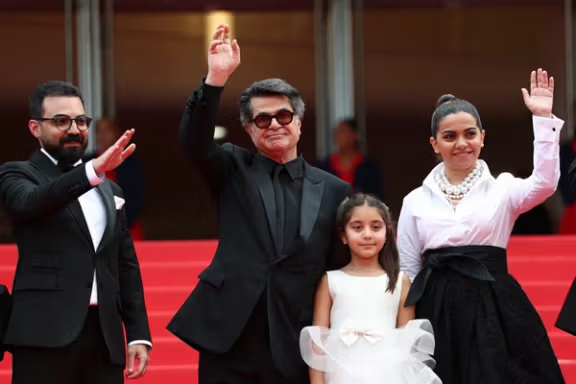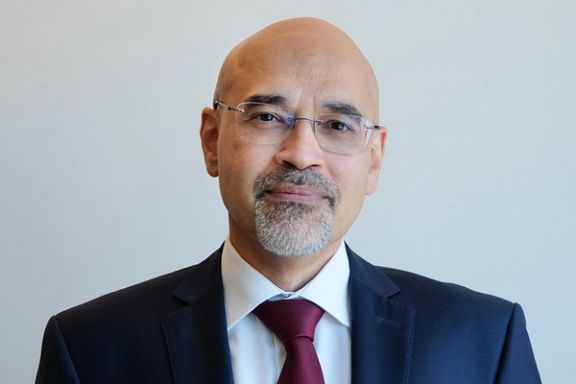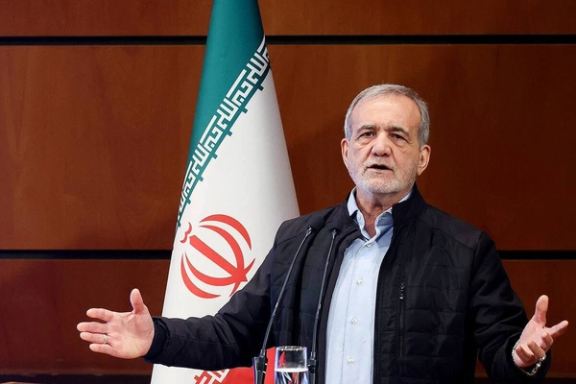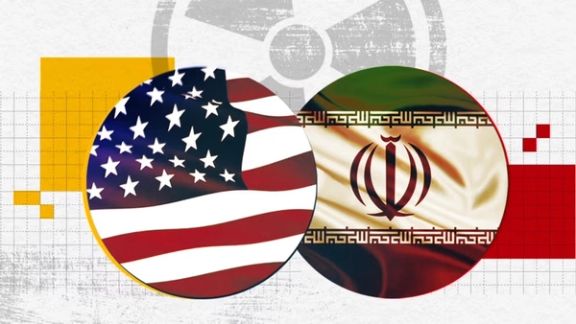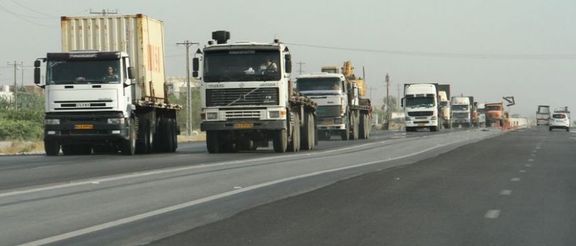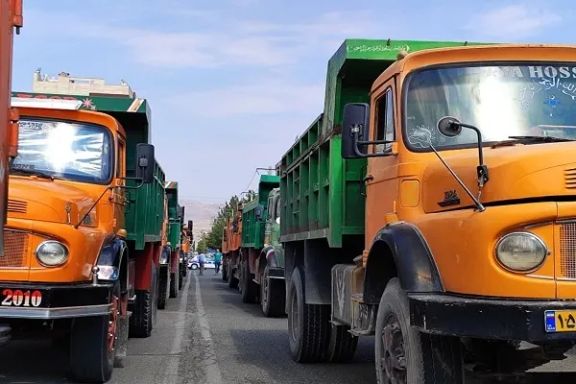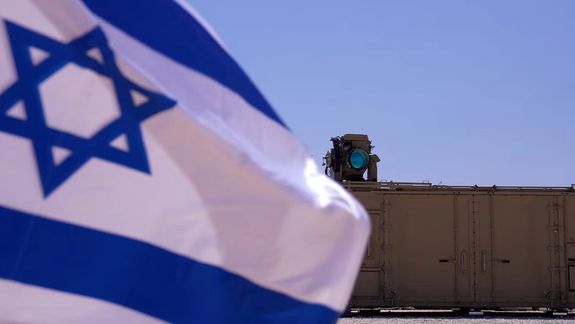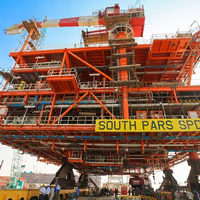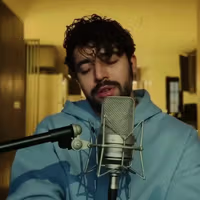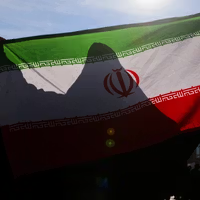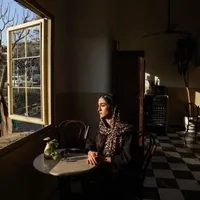The investigation found no evidence that Parsi was involved in a state-directed influence campaign orchestrated by the Iranian government. However, it concluded that aspects of his conduct were incompatible with his role at UI, according to a TV4 report.
The inquiry determined that Parsi, an adjunct senior lecturer at Lund University, failed to adequately inform both his university and the UI about his involvement in the Iran-Europe Initiative (IEI), a network linked to the Iranian Foreign Ministry aimed at expanding the country’s influence in the West.
The TV4 report that prompted the investigation cited emails provided by Iran International and followed a 2023 joint exposé by Iran International and Semafor that detailed Tehran’s efforts to cultivate relationships with academics and analysts abroad to expand its influence.
Despite being cleared of formal allegations of collusion with Iran, Parsi received strong criticism for his lack of openness regarding his role in the IEI and contacts with Iranian government representatives, the TV4 report said.
The investigators concluded that this lack of transparency conflicted with the standards expected of a senior official at UI.
UI Director Jakob Hallgren said that the situation had become “untenable” and confirmed that Parsi would leave his post.
“This has been, as I think everyone understands, a very difficult and stressful time for him,” Hallgren said. “We have jointly decided that it is time for a fresh start so that we can focus on the pressing issues concerning the Middle East.”
Hallgren also expressed disappointment over having not been informed that Parsi was involved in running an organization promoting closer ties between Europe and countries like Iran. “As a leader at UI, one is expected to be transparent about such engagements."
UK funding
Parsi has said that he was commissioned and funded by the British Foreign Office during his involvement in the IEI network in 2014–15. However, the investigation found his statement to be “misleading.”
According to the investigation, the IEI network was initially funded through an entity formed by Parsi called the European Iran Research Group (EIRG). “In 2014–15, EIRG received funding for this purpose from the Heinrich Böll Foundation, which is affiliated with the German Green Party,” the investigation said.
The EIRG was later renamed the European Middle East Research Group (EMERG) and received in total around 55,000 pounds from the British Foreign Ministry between 2017 and 2020, the investigation added, noting that the IEI’s contact with the Iranian officials continued in this period.
In a statement on X, Parsi confirmed he is leaving UI, and called the departure "incredibly sad."
"This investigation has been a great personal and professional strain. It was also preceded by a drive with a clearly political character in which influential people with great responsibility for the Swedish debate climate distorted the discussion," he said in his post in Swedish.
In 2023, the joint investigative report by Iran International and Semafor combed through thousands of emails from Iranian diplomats, revealing a network of academics and think tank analysts cultivated by Iran's foreign ministry to extend Tehran's soft power.
Members of the grouping, called the Iran Experts Initiative (IEI), were guided by Iran's Foreign Ministry in their public writing and media appearances. They were key voices in Western think tanks and policy institutions helping promote Iran's stances.
Parsi, listed in the leaked emails as an IEI member, attended its inaugural meeting in May 2014 at Vienna’s Palais Coburg hotel, coinciding with nuclear talks. Documents indicate that Iran’s foreign ministry covered the event’s costs.
While Parsi acknowledged his participation, he denied collaborating with Tehran.
